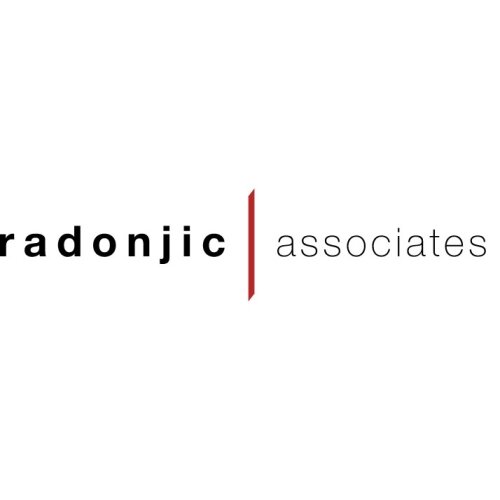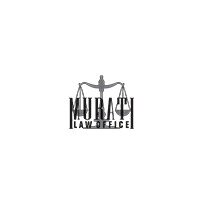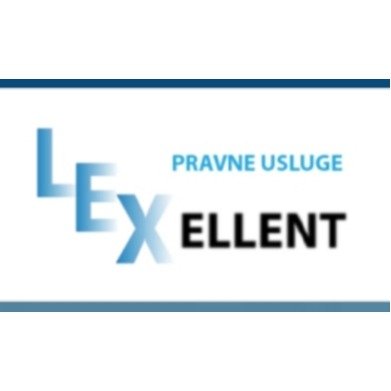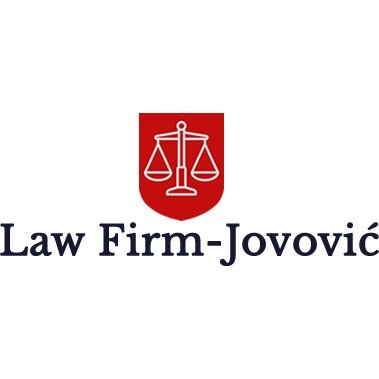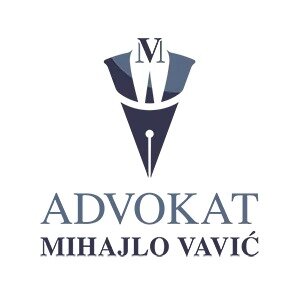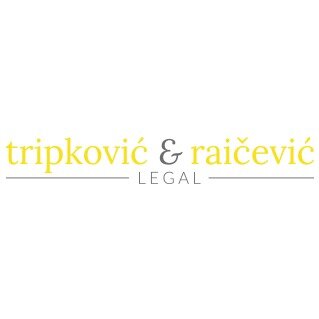Best Nonprofit & Charitable Organizations Lawyers in Montenegro
Share your needs with us, get contacted by law firms.
Free. Takes 2 min.
Or refine your search by selecting a city:
List of the best lawyers in Montenegro
About Nonprofit & Charitable Organizations Law in Montenegro
Nonprofit and charitable organizations in Montenegro play a crucial role in addressing social issues, promoting education, and providing community services, among other objectives. These organizations are subject to specific legal structures and must comply with Montenegrin laws governing their formation, operation, and dissolution. The legal framework is designed to ensure transparency and accountability while facilitating their beneficial impact on society.
Why You May Need a Lawyer
There are various circumstances under which individuals or groups involved with nonprofit and charitable organizations might seek legal advice:
- Formation and Registration: Establishing a nonprofit organization requires navigating complex legal requirements and government bureaucracy.
- Compliance: Ensuring ongoing compliance with Montenegrin laws, such as tax regulations and reporting obligations, is critical to maintain nonprofit status.
- Governance Issues: Assistance in drafting bylaws, resolving internal disputes, or addressing issues related to the board of directors.
- Contracts and Agreements: Legal help in reviewing or drafting contracts, such as those with donors, suppliers, or employees.
- Tax Matters: Guidance on obtaining and maintaining tax-exempt status and understanding related financial obligations.
- Fundraising Regulations: Advice on complying with fundraising laws and regulations to ensure legal and ethical practices.
- Dissolution Procedures: Legal assistance for organizations planning to dissolve, ensuring proper handling of remaining assets and liabilities.
Local Laws Overview
Key aspects of local laws related to nonprofit and charitable organizations in Montenegro include:
- Registration: Nonprofits must register with the Central Registry of the Commercial Court. A legally recognized registration ensures an organization’s ability to operate within the law.
- Legal Structure: Nonprofits can be established as associations, foundations, or institutions, each with its own set of legal requirements and purposes.
- Reporting Obligations: Annual reports must be submitted to demonstrate transparency and accountability in operations and financial management.
- Taxation: While nonprofit organizations can obtain tax-exempt status, they must adhere to specific regulations to qualify and maintain it.
- Funding and Fundraising: Regulations govern how nonprofits can raise and use funds, ensuring legal compliance and ethical fundraising practices.
Frequently Asked Questions
1. What is the process for registering a nonprofit organization in Montenegro?
Registration involves submitting required documents to the Central Registry of the Commercial Court, including founding acts and bylaws.
2. Are there different types of nonprofit organizations in Montenegro?
Yes, organizations can be established as associations, foundations, or institutions, each serving specific functions and legal requirements.
3. Do nonprofits in Montenegro qualify for tax-exempt status?
Yes, nonprofits can apply for tax-exempt status, but they must meet certain criteria and maintain compliance with applicable tax laws.
4. What are the annual reporting requirements for nonprofits?
Nonprofits must submit annual financial and activity reports to ensure accountability and transparency in their operations.
5. Can a nonprofit engage in commercial activities?
Nonprofits may engage in commercial activities if they are directly related to their mission, but profits must be reinvested into the organization's objectives.
6. How are nonprofit governance disputes resolved?
Disputes can often be resolved through mediation or with the assistance of a legal professional to interpret governing documents and laws.
7. What legal protections exist for nonprofit board members?
Board members have fiduciary responsibilities and may be protected from personal liability if they act in good faith and within legal boundaries.
8. How should a nonprofit handle its dissolution process?
The dissolution process includes settling liabilities, distributing remaining assets according to legal obligations, and deregistering with authorities.
9. Can foreign individuals or entities establish nonprofits in Montenegro?
Yes, foreign individuals and entities can establish nonprofit organizations, but they must comply with national laws and registration requirements.
10. What are the common legal challenges faced by nonprofits in Montenegro?
Common challenges include maintaining compliance with regulatory requirements, managing donor relations, and navigating the complexities of tax law.
Additional Resources
For further assistance, the following resources may be beneficial:
- Ministry of Public Administration, Digital Society, and Media: Offers information on regulations and support for nonprofits.
- Center for Development of Non-Governmental Organizations (CRNVO): Provides resources and guidance for nonprofit management and operations.
- Montenegro Association of NGOs (KAM): A representative body for NGOs that offers support and information.
- Montenegrin Association for Renewable Energy Sources: Supports environmental nonprofit initiatives.
Next Steps
If you require legal assistance regarding nonprofit and charitable organizations in Montenegro, consider taking the following steps:
- Consult with a lawyer specializing in nonprofit law to discuss your specific needs and circumstances.
- Gather all relevant documents, including any existing bylaws, registration certificates, financial records, and communications related to your inquiry.
- Identify the specific legal issues or questions you need help with to ensure a productive consultation.
- Reach out to local nonprofit associations or legal aid services for recommendations on legal professionals with expertise in this field.
Lawzana helps you find the best lawyers and law firms in Montenegro through a curated and pre-screened list of qualified legal professionals. Our platform offers rankings and detailed profiles of attorneys and law firms, allowing you to compare based on practice areas, including Nonprofit & Charitable Organizations, experience, and client feedback.
Each profile includes a description of the firm's areas of practice, client reviews, team members and partners, year of establishment, spoken languages, office locations, contact information, social media presence, and any published articles or resources. Most firms on our platform speak English and are experienced in both local and international legal matters.
Get a quote from top-rated law firms in Montenegro — quickly, securely, and without unnecessary hassle.
Disclaimer:
The information provided on this page is for general informational purposes only and does not constitute legal advice. While we strive to ensure the accuracy and relevance of the content, legal information may change over time, and interpretations of the law can vary. You should always consult with a qualified legal professional for advice specific to your situation.
We disclaim all liability for actions taken or not taken based on the content of this page. If you believe any information is incorrect or outdated, please contact us, and we will review and update it where appropriate.
Browse nonprofit & charitable organizations law firms by city in Montenegro
Refine your search by selecting a city.



